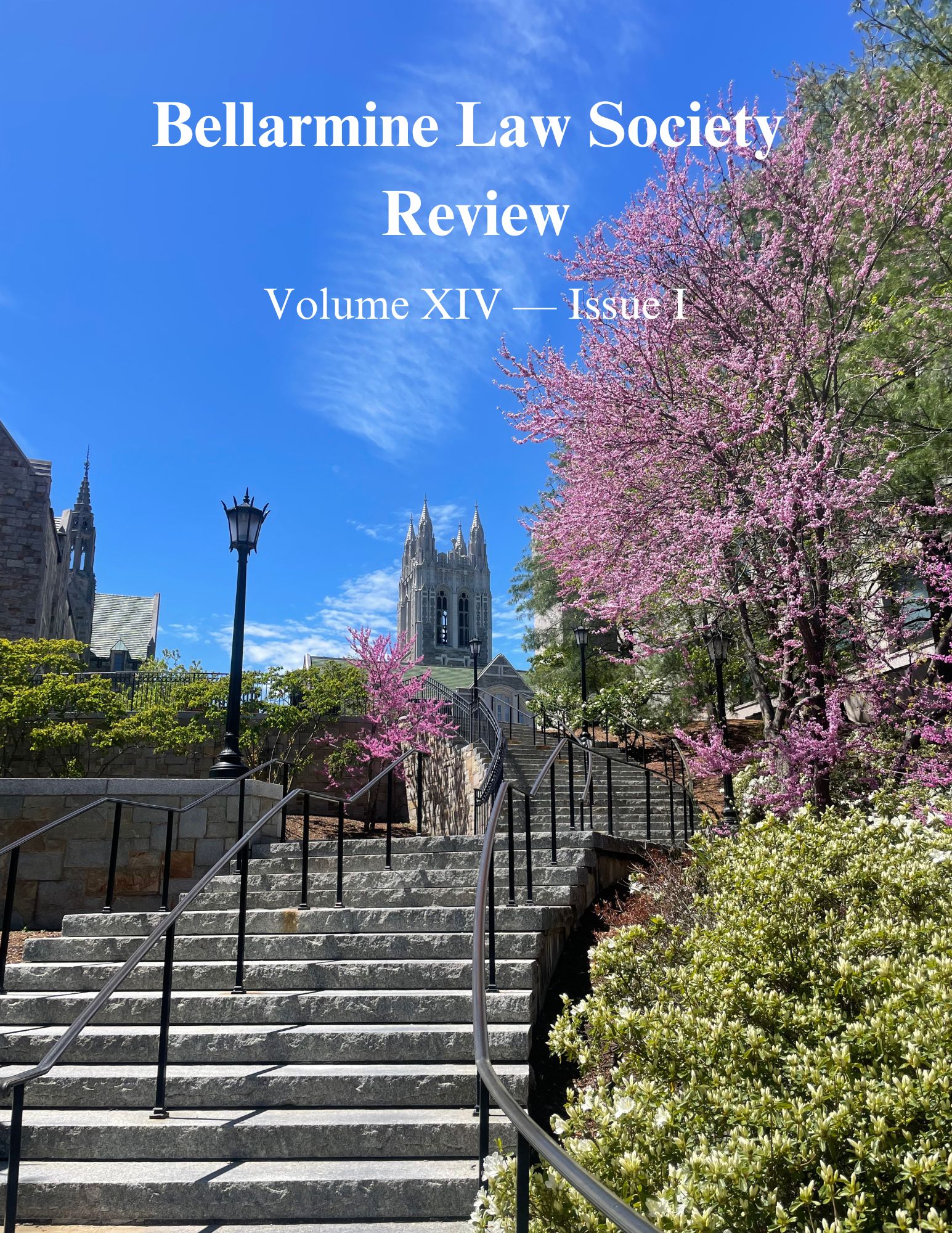A Promising Solution to Massachusetts' Housing Crisis
A Legal and Economic Analysis of the MBTA Communities Act
Keywords:
housing, affordable housing, public policy, local government, state government, Massachusetts, zoning, real estateAbstract
Massachusetts has a housing affordability crisis. While metropolitan areas across the country struggle to keep housing costs down as demand rises, Greater Boston’s struggle is particularly acute. Decades of poor land use planning, driven by uncoordinated decision-making at the local level, has resulted in what amounts to a tragedy of the commons. Sprawling development, while good for municipalities’ bottom lines, means even communities far from downtown Boston have little remaining developable land. As a result, housing production has declined dramatically, driving single-family home prices up to 11 times what they were in 1980.[1] Over the same period, median household income in the area has increased by only 2.9x, meaning that more families in the Boston area struggle to afford to house now than at any other time in recent history. In fact, the Boston Globe reports that the average family makes a third of what would be required to afford a single-family home in the Boston area.[2] Compiled data illustrates how home value growth has far exceeded household income growth in Boston over the past 40 years, with the two diverging dramatically in the late 2010s.
In this paper, I will evaluate the MBTA Communities Act (2021) – the most consequential piece of Massachusetts housing legislation in over 50 years. First, I will outline the history of zoning in Massachusetts, as well as the Massachusetts Comprehensive Permit Law: 40B (1969), which was the state’s first attempt at addressing challenges associated with housing affordability. I will compare the MBTA Communities Act and 40B based on their policies, legality, and economic impacts. Next, I will evaluate the extent to which the MBTA Communities Act addresses the challenges associated with 40B, as well as the places where it falls short. Finally, I will conclude the paper with recommendations to policymakers to ensure the MBTA Communities Act is successful in its goal to increase housing production in Greater Boston. I argue that the MBTA Communities Act (2021) offers a promising solution to the longstanding economic hurdles linked with M.G.L. Chapter 40B (1969); however, its efficacy within the legal framework of robust local land governance necessitates further exploration and analysis.
[1] Town of Lincoln. (2023). Housing Choice Initiative. https://www.lincolntown.org/DocumentCenter/View/65281/Housing-Choice-Initiative-Summary, 1.
[2] Daigo Fujiwara and Rebecca Ostriker, “Read the Report from the Spotlight Team: Beyond the Gilded Gate,” BostonGlobe.com, n.d., https://apps.bostonglobe.com/2023/10/special-projects/spotlight-boston-housing/beyond-the-gilded-gate/.
Published
How to Cite
Issue
Section
License
Copyright (c) 2024 Francis Hodgens

This work is licensed under a Creative Commons Attribution-NonCommercial 4.0 International License.
Please follow the link for further Copyright and License Information.


